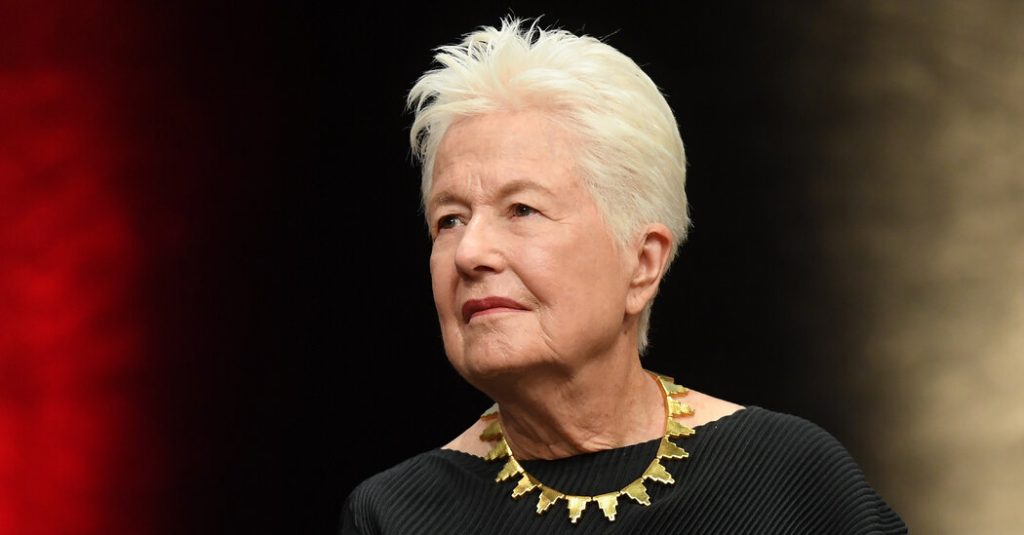Eleanor Jessie Neil Coppola, known as Eleanor Coppola, had a prolific career as a documentary filmmaker, often focusing on her own family. She viewed herself as an observer at heart, with a desire to record the world around her. Although she primarily worked in documentaries, she later ventured into directing cinematic fiction, with mixed success. Her film “Paris Can Wait” was criticized for being an indulgent portrayal of privilege, while “Love Is Love Is Love” was said to lack emotional depth.
Tragically, one of the most significant events in Coppola’s life was the death of her son Gian-Carlo Coppola in a boating accident in 1986. Gian-Carlo, the oldest of her three children, was killed when the speedboat he was in collided with a tow line. The driver, Griffin O’Neal, was convicted of negligence and given a suspended sentence. Coppola was filled with unspeakable rage at the loss of her son, and she channeled her grief into an art installation called “Circle of Memory.” This installation aimed to honor children who had died or disappeared, with walls made of straw bales, falling salt, and children’s voices reciting the alphabet.
Coppola reflected on the concept of order and chaos in the universe, believing that there are moments when these intersect. This philosophical perspective likely influenced her work as a filmmaker and artist. She was born Eleanor Jessie Neil in Los Angeles in 1936 to Clifford and Delphine Neil, with her father being a political cartoonist who passed away when she was 10 years old. Despite facing adversity in her personal life, including the loss of her son, Coppola continued to create art that reflected her observations of the world around her.
In addition to her artistic endeavors, Coppola was also known for her written work, including the 2008 book “Notes on a Life.” This book likely delved into her experiences as a filmmaker, artist, and mother, offering insight into her unique perspective on the world. Throughout her career, Coppola made a significant impact on the world of documentary filmmaking, with her films offering a window into her family life and personal experiences. Despite facing challenges and setbacks, she continued to create art that resonated with audiences.
Coppola’s legacy as a filmmaker and artist continues to endure, with her unique storytelling abilities and observations of the human experience making a lasting impact. While she may have faced criticism in her later years for her fictional films, her contributions to the world of documentaries remain notable. Her exploration of themes such as grief, loss, and the intersection of order and chaos showcases her depth as a creator and thinker. Eleanor Coppola’s body of work serves as a testament to her enduring talent and creativity in the world of filmmaking and art.


